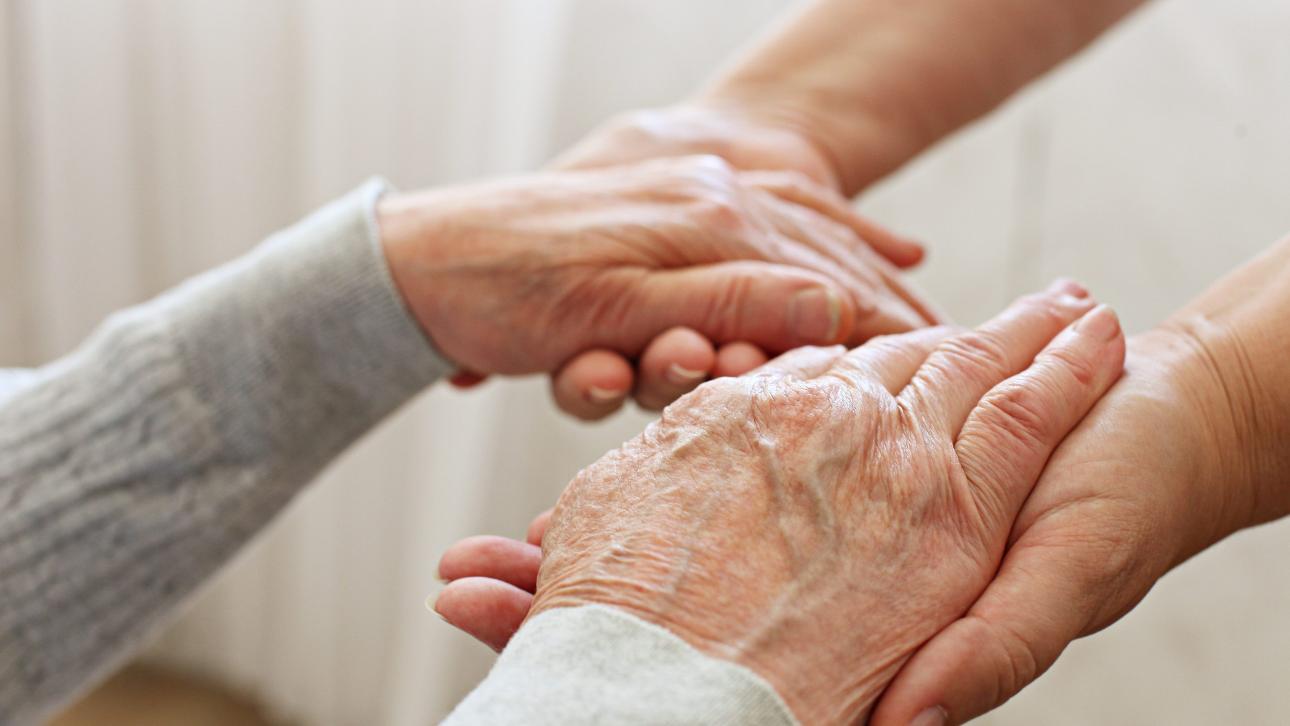
Content updated on November 1, 2022.
A person becomes incapable when they can no longer make informed decisions, take care of themselves or manage their assets. Should a loved one become incapable, there are different ways to protect them.
Incapacity and need for protection
The incapacity, or the inability to see to yourself or your property, can be:
- Caused by an accident, an illness or aging;
- Total, or partial if it only affects certain aspects of the person’s life;
- Permanent, or temporary when the person’s condition can improve.
To ensure the safety and well-being of incapable adults, we must protect them. To protect their rights, we must also preserve their autonomy whenever possible.
In many cases, the person’s network and family provide the necessary protection, without involving the legal system. What happens if the person has no such network or asset management is complex? You must turn to the courts. Assistance from a notary or an attorney may prove useful.
The steps for protecting an incapable person
1. Assemble the family and work together on the steps to take. If you can, in making decisions, include the person who needs protecting.
2. Contact the health and social services institution (CISSS or CIUSSS) in the territory where the person lives. Request a clinical assessment of their capacity.
The assessments are carried out by a physician and a social worker. The purpose is to define the person’s limitations. The court will use these assessments to confirm the person’s incapacity and to make decisions adapted to the person’s condition.
3. Check whether there is a protection mandate. This document, written by the person when he or she was still capable, must contain:
- The name(s) of the representative(s) (or mandataries) he or she has appointed;
- The name of the person to whom the representative(s) must report;
- His or her preferences or wishes in housing, care, asset management, etc.
4. If there is a mandate, have it validated by a court for it to come into effect.
5. If there is no protection mandate, ask the court to institute tutorship.
The tutor or mandatary named by the court becomes the legal representative of the person under protection. If no family member is named, the Curateur public steps in. The Curateur public can also be named the entity to which the legal representative must report.
The legal representative cares about the incapable person’s well-being and acts on his or her behalf. The representative’s decisions and actions must respect the protected person’s wishes, if known. They must also respect the limits set by the court based on the person’s level of autonomy.
Questions or problems?
Contact the Curateur public to:
- Report abuse or negligence of an incapable person;
- Learn more about protecting incapable people.
Dissatisfied with Curateur public services? File a complaint with the Protecteur du citoyen. Our services are free and confidential.
Also see: Tutorship: protecting incapable people and their rights